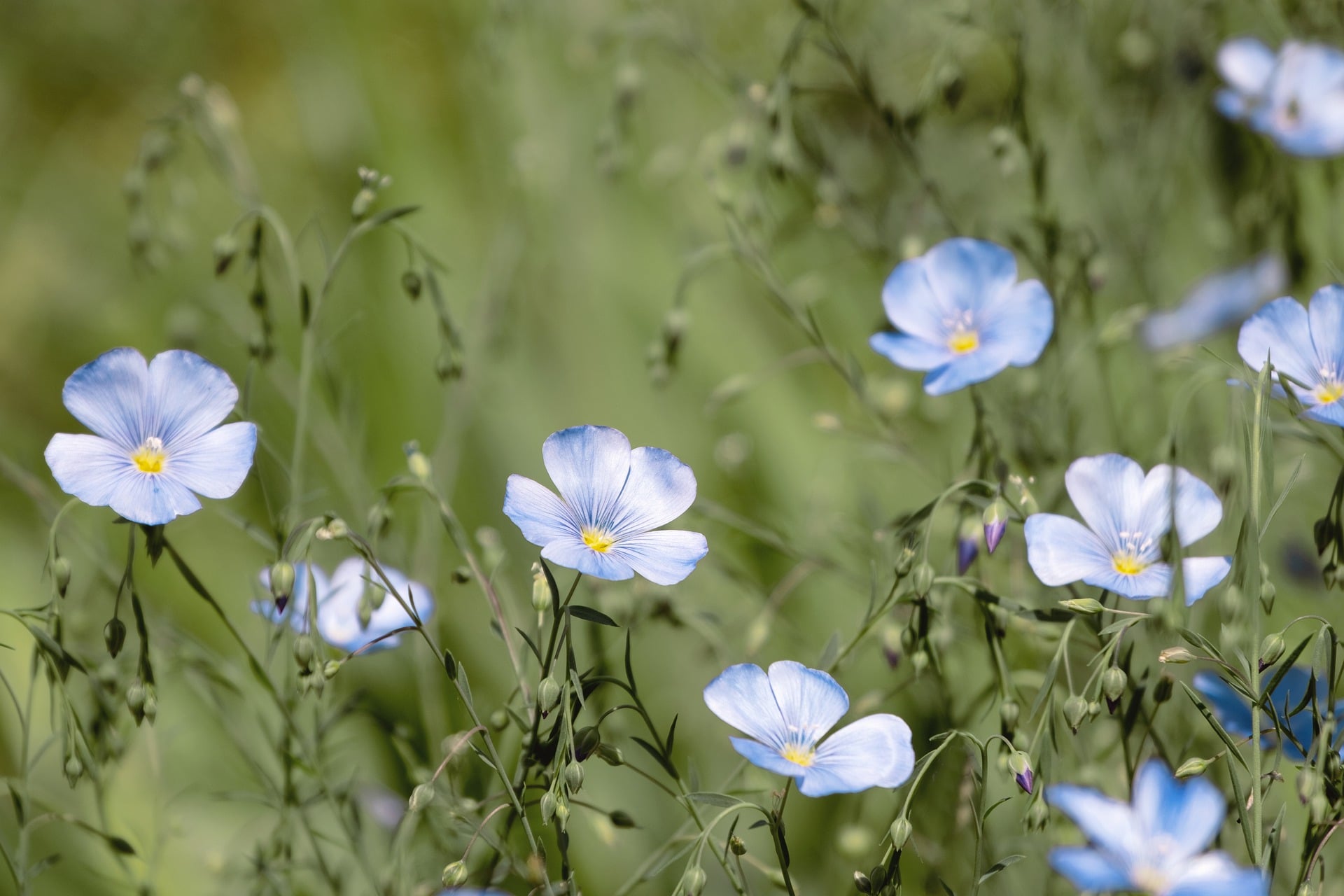As other countries around the world seek to compete in the agricultural realm, Canada’s genetics are attractive. The proper protocol for acquiring these coveted crop varieties is to work directly with the breeders and ensure all necessary intellectual property permissions are obtained, but that isn’t always done.
Once again, Seeds Canada is sounding the alarm over the problem.
In an email to members this week, Seeds Canada says foreign organizations are inappropriately approaching seed growers and retailers in Western Canada to secure Canadian genetics. Seeds Canada has received reports that organizations from Kazakhstan are currently targeting CDC Rowland flax retailers to secure seed for export; Seeds Canada expects these attempts to secure seed will extend to other varieties and crop kinds, the email said.
CDC Rowland, a SeCan variety, is attractive to Kazakhstan as that country is a major flax producer and growers there are no doubt looking for the latest genetics that offer superior yields and disease resistance.
“Despite its relatively recent introduction to the market, CDC Rowland has quickly gained attention for its superior traits, offering a substantial yield increase and other desirable characteristics compared to older varieties like CDC Glas,” says Todd Hyra, SeCan’s western business manager.
Furthermore, Kazakhstan’s ability to offer flax grain at lower prices poses a direct threat to Canadian flax producers. By targeting specific varieties like CDC Rowland, foreign entities aim to gain a competitive edge in their agricultural markets, potentially causing harm to Canadian farmers and the industry as a whole.
It’s a “double whammy”, so to speak: not only can farmers in other countries, like Kazakhstan, often produce grain at lower prices, but the genetics they have stolen from Canada were developed with investments from Canadian farmers.
To address these concerns, it is essential for everyone involved in the agricultural supply chain to remain vigilant.
“Seed retailers, farmers, and industry stakeholders must be alert to any suspicious inquiries or requests for proprietary crop varieties. It’s imperative to ensure that proper permissions are obtained before authorizing distribution to foreign markets,” Hyra says.
Securing clearance from breeders and regulatory bodies in each target market is crucial to protecting Canadian agricultural innovations, he goes on to say. This not only respects the intellectual property rights of breeders but also ensures that mechanisms for variety protection are in place to prevent unauthorized use or exploitation.
It’s not the first time Seeds Canada or its legacy organizations have raised the alarm about foreign entities attempting to illegally access Canadian genetics. In the spring of 2020, unnamed seed buyers from Kazakhstan were attempting to access made-in-Canada varieties of wheat, barley, pulse crops and soybeans without going through the proper channels.
If you receive any suspicious purchase requests, please contact your seed distributor to report the activity.





